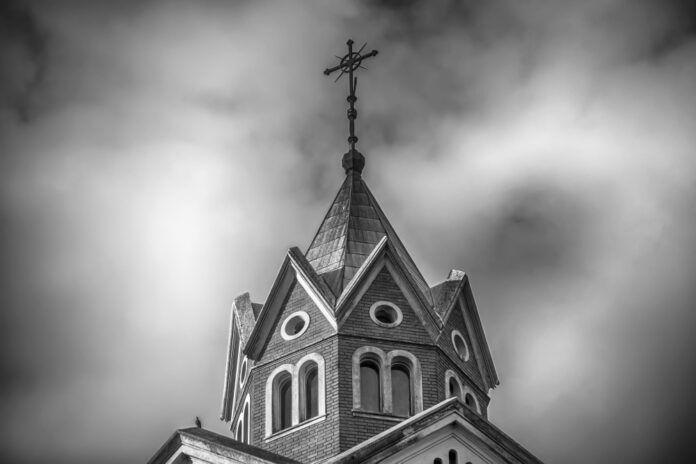Religious leaders in Boston call for significant reparations for the black community’s historical injustices
In a bold move that has stirred considerable conversation, religious leaders in Boston have stepped forward with a demand for “white churches” to contribute $15 billion in reparations to the city’s black residents. This call for action, aimed at addressing the long-standing impacts of slavery and systemic racism, was organized by the Boston Peoples Reparations Commission during an event at Resurrection Lutheran Church.
The figure put forth by these leaders is seen as a measure of restitution for the churches’ historical involvement in the slave trade, a legacy that has left deep scars on the community. Reverend Kevin Peterson, a prominent voice at the gathering, highlighted the need for churches to actively participate in healing these wounds through financial support and community initiatives. Peterson also advocated for renaming Faneuil Hall, a notable city landmark tied to the slave trade.
The call for reparations is not just about financial compensation; it’s a plea for public atonement and a committed effort towards reconciliation. The Boston Peoples Reparations Commission, having advocated for cash reparations since 2018, emphasizes the complexity of quantifying the suffering endured by African Americans. Yet, they see this initiative as a step towards acknowledging and addressing the disparities rooted in centuries of discrimination.
The proposal suggests various methods for churches to fulfil their reparations commitment, including direct financial contributions, the creation of affordable housing, and the establishment of economic institutions aimed at benefiting the black community in Boston.
This initiative has sparked a broader discussion on the role of religious institutions in addressing historical injustices and the practicalities of implementing reparations. Edwin Sumpter and Heather Cook, also members of the Reparations Commission, underscore the importance of community education and dialogue in understanding Boston’s role in the slave trade and exploring viable solutions for redress.
The focus on the Catholic Church, among others, highlights the intersection of religion with the city’s racial history, underscoring the complex legacy of institutionalized racism beyond the era of slavery.
As Boston grapples with these demands, the conversation around reparations, accountability, and reconciliation takes on new urgency, reflecting a growing recognition of the need to confront and address the profound inequities shaped by history.
